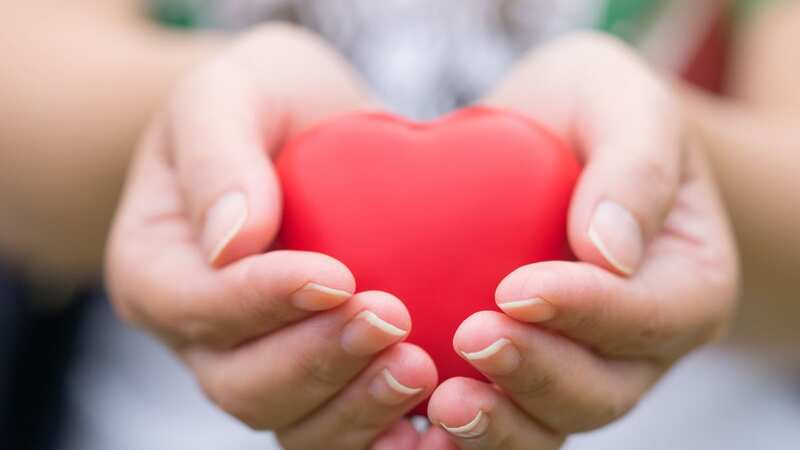'Hearts can be taken from dead bodies and kept in machines to boost transplants'

The need for hearts by patients waiting for a transplant always exceeds supply. We need more hearts! But we’d have more if they were kept functioning within the body for a short time following the death of the donor.
“Patients who receive a transplant live on average a further 13 to 16 years,” says John Louca, who wrote a study on the matter for Cambridge University.
“The biggest problem they face is getting access to a donated heart.”
The hearts would be kept functioning by restarting circulation to the heart, lungs and abdominal organs of patients whose hearts have stopped beating for five minutes or longer and have been declared dead.
It’s hoped this technique could boost the number of usable donated hearts by as much as 30%.
 Baby boy has spent his life in hospital as doctors are 'scared' to discharge him
Baby boy has spent his life in hospital as doctors are 'scared' to discharge him
In 2021, 8,409 heart transplants were carried out in 54 countries. But there were 21,935 patients waiting for a heart. Of them, 1,511 died and many others got too sick for a transplant.
Mr Louca says: “Heart transplants are the last bastion for patients with end-stage heart failure.
“They are successful but many patients will die before an organ becomes available. That’s why we urgently need to find ways to increase the suitability of donor organs.”
After a person’s medical treatment is withdrawn, the heart stops beating and damage to the organ begins.
After 30 minutes it’s thought this damage becomes irreversible and the heart is unusable. To prevent this, a heart can be transferred to a portable machine known as the Organ Care System where it’s supplied with oxygenated blood in the hope that it will be suitable for transplantation.
This technique was pioneered by Royal Papworth Hospital NHS Foundation Trust in Cambridge.
This type of heart transplantation started simultaneously in Australia, Belgium, Holland, Spain and the USA where 295 transplants were performed during 2021.
The team found overall, the use of an Organ Care System boosted the donor pool significantly, increasing the number of heart transplantations performed by 23%.
Professor Filip Rega of UZ Leuven, in Belgium, said: “This promising new approach will allow us to offer heart transplantation, a last resort treatment, to many more patients in need of a new heart.”
Professor Ashish Shah of Vanderbilt University in Nashville, Tennessee, added: “The current study is another example of effective international collaboration and opens a new frontier, not just in transplantation, but in our basic understanding of how all hearts can be rescued.”
 Disabled woman paralysed after falling from wheelchair on plane walkway dies
Disabled woman paralysed after falling from wheelchair on plane walkway dies
Read more similar news:
Comments:
comments powered by Disqus

































